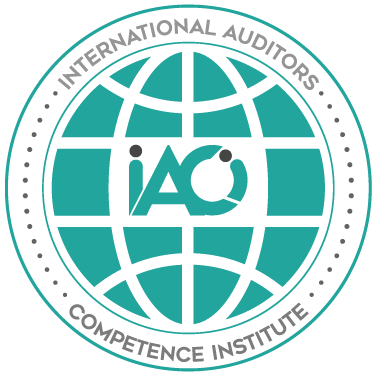Continuing Professional Development (CPD)
The term CPD or "continuing professional development" refers to the learning activities that professionals participate in to advance and improve their skills. To enhance and have successful professional development, CPD incorporates several learning strategies, including training workshops, conferences and events, e-learning programmes, best practice techniques, and idea exchange.
Every professional in every industry must continue their professional development to advance their abilities and knowledge. Keeping track of your CPD hours, points, units, or credits can help track the training you receive each year, the learning objectives you've achieved and the abilities you'll use to advance and improve your proficiency. A CPD record is a common name for an individual's training log.
CPD types
CPD learning comes in many different forms and employs a wide range of instructional methods. Various forms of CPD are available for efficient learning, ranging from formal instruction to self-directed study for Continual Professional Growth.
Active Learning
Passive Learning
Unstructured Learning
Interactive and participation-based learning are key components of Active learning. Attending training sessions, workshops, seminars, conferences, e-learning courses, or CPD-certified events can be part of this proactive approach. Professionals taking career-oriented tests can also benefit from CPD active learning; however, the study and review would be considered self-directed learning.
Reflective learning is one-directional and considerably more passive because it doesn't entail participant-based interaction. Some examples of this are reading relevant news items, listening to podcasts, reading case studies, and keeping up with industry news. The learning objectives of some informal encounters may be useful to CPD reflective learning, but they must be included in the individual's overall CPD plan.
All unsupervised CPD activities fall under the category of self-directed learning. It includes reading periodicals, industry journals, articles, trade magazines, prominent experts' books, pertinent literature, and printed or online documents. Also could include Research into pertinent subjects or industry-specific news sources.

